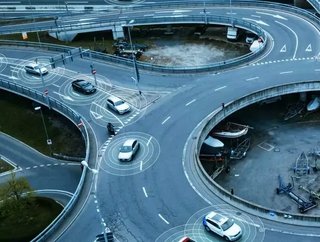Why self-driving vehicles need shared data platforms

With the likes of disruptive car (or should that be tech?) companies such as Tesla and more recently, Nikola, eclipsing established manufacturers in terms of value, vehicle automation represents a chance to re-level the playing field - hence why it’s not just the likes of Google-affiliate Waymo making strides in the space. Toyota, for instance, has invested heavily in an autonomous vehicles startup.
While the eventual goal is an autonomous vehicle at level 5 of the Society of Automotive Engineers’ (SAE) Levels of Driving Automation Standard, representing complete autonomy at all times, that target remains a way off, with most vehicles only exhibiting partial automation.
Actually bringing these cars to market will require a number of factors to align. Consumer confidence, for instance. There have been fatal incidents involving the technology, but also numerous examples of autonomous vehicles avoiding catastrophe.
Perhaps an even more fundamental aspect of a successful transition to autonomous vehicles is freely available mapping data, levelling the playing field for all comers. A newly published report from Zenzic has outlined just that.
The report found that the currency existing fragmentation of geospatial mapping fata is a roadblock to the global development of self-driving vehicles. The report recommended creating industry-wide standards on mapping requirements in the areas of data formats; data quality and resolution; terminology; minimum safe requirements and standards; government data and traffic regulation orders; and data hosting.
Daniel Ruiz, CEO, Zenzic said in a press release: “This report shows that the global self-driving vehicle development industry agrees that mapping data needs to be easily shareable for us to achieve the goal of having self-driving vehicles on our streets by 2030. When it comes to the maps which will form the basis of how self-driving vehicles see the world, the details matter, from how this data is shared, to what resolution of mapping data is deemed safe. The UK is well placed to lead the development of standards and regulation as organisations like OS and BSI have done some for decades.”
- OpenText’s Muhi Majzoub: Engineering Platform Growth with AIEnterprise IT
- OpenText CEO Roundtable: The Future of Safe Enterprise AIDigital Transformation
- OpenText AI: Empowering Businesses in Information ManagementDigital Transformation
- Microsoft in Japan: $2.9bn Investment to Boost AI & CloudCloud & Cybersecurity






